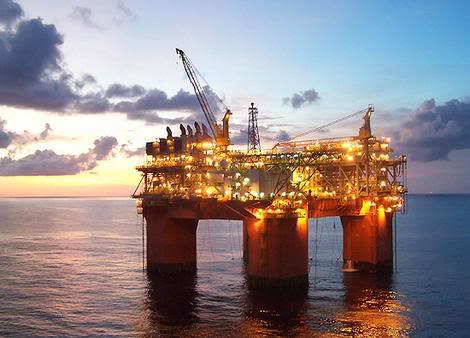
by Shaun Chamberlin | Jun 14, 2008 | All Posts, Climate Change, Favourite posts, Peak Oil, The Transition Timeline, Transition Movement
Lately I seem to be encountering many climate change activists who have a blind spot when it comes to peak oil. At present, Friends of the Earth appear to be particularly prone to this. They assert that climate change is overwhelmingly urgent (no arguments from me...

by Shaun Chamberlin | Jun 8, 2008 | All Posts, Climate Change, Cultural stories, Favourite posts, Peak Oil, Politics, TEQs (Tradable Energy Quotas)
In the climate policy community there is a growing debate between advocates of ‘upstream’ and ‘downstream’ carbon caps (dams?). The terms draw an analogy between the flow of water in a stream and the flow of energy through an economy....

by Shaun Chamberlin | May 19, 2008 | All Posts, Climate Change, Peak Oil, Politics
As I mentioned in my earlier post, last week I met Polly Higgins, The Lazy Environmentalist. She specialises in CSP, and informed me that we may now be seeing serious political movement towards an EU-MENA supergrid bringing CSP-generated electricity to Europe from the...





Recent Comments